How does the subject of Vietnamese language guide the formation and development of key qualities and general competencies for primary school students in Vietnam?
How does the subject of Vietnamese language guide the formation and development of key qualities for primary school students in Vietnam?
Based on Section 6 of the General Education Curriculum for Literature issued with Circular 32/2018/TT-BGDDT, the methods of formation and development of key qualities through the Vietnamese Language subject are as follows:
Through the methods and forms of organizing the teaching of reading, writing, speaking, and listening to various types of texts, the Literature subject directly forms and develops essential qualities in students with the following main manifestations:
- Loving nature and the country, with rich expressions both in daily life and in literature; cherishing and being proud of familial, hometown, and national traditions; respecting and being grateful to workers and those who have contributed to the country; appreciating and protecting beauty; introducing and preserving cultural values and historical sites; having life ideals and a deep sense of national sovereignty and the nation's future.
- Showing care for loved ones, respecting friends and teachers; being considerate and forgiving; being moved by good deeds and people, maintaining harmonious relationships with others; sympathizing and sharing joy, sorrow, and love with surrounding people and characters in literary works; respecting differences in circumstances and culture, being forgiving and generous.
- Diligently reading newspapers and books; consistently completing learning tasks, being diligent in family and school work; loving labor, having the will to overcome difficulties; actively training for future career preparation.
- Living honestly, straightforwardly, and truthfully with oneself and others; valuing reason, truth; being forthright in expressing one's thoughts and feelings.
- Keeping promises, daring to take responsibility for one's words, actions, and the consequences of one's work; having an attitude and behavior respecting common regulations in public places; being ready to fulfill civic responsibilities; maintaining the character and identity of Vietnamese citizens while selectively absorbing the essence of human culture for international integration, becoming global citizens.
>> See the General Education Curriculum for Literature issued with Circular 32/2018/TT-BGDDT: Download
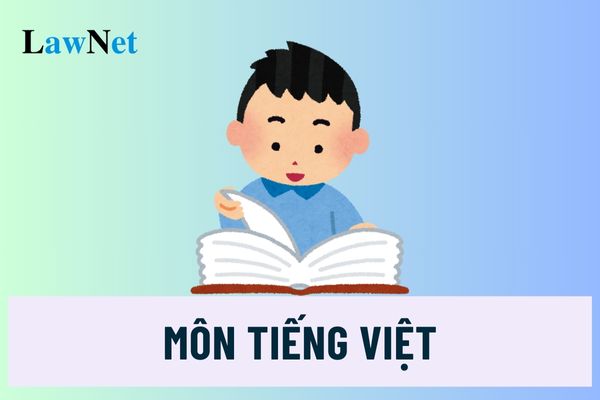
How does the subject of Vietnamese language guide the formation and development of key qualities and general competencies for primary school students in Vietnam? (Image from the Internet)
How does the subject of Vietnamese language guide the formation and development of general competencies for primary school students in Vietnam?
Also based on Section 6 of the General Education Curriculum for Literature issued with Circular 32/2018/TT-BGDDT, the subject of Vietnamese language guides the formation and development of general competencies for primary school students in Vietnam as follows:
The Literature subject has many advantages in contributing to the comprehensive formation and development of general capabilities as stated in the overall curriculum.
These general capabilities are formed and developed not only through teaching content but also through new teaching methods and forms, focusing on promoting the active, proactive, and creative engagement of students in text reception and creation activities.
- Self-reliance and self-learning
The Literature subject forms and develops reading, writing, speaking, and listening skills. These are important tools for students to learn other subjects and self-study.
Students know how to find, evaluate, and choose suitable materials for different learning purposes and tasks; know how to store and process information in appropriate forms.
Through reading, writing, speaking, and listening to various types of texts, the Literature subject offers students rich experiences; thereby, students develop their life capital; have the ability to recognize their emotions, feelings, interests, personality, and abilities; know how to control themselves to act appropriately, with confidence and optimism in learning and life. The Literature subject also helps students reflect on themselves, self-awareness, self-learning, and self-adjustment to improve themselves.
- Communication and collaboration
The Literature subject plays a leading role in forming and developing students' communication capabilities.
Through the Literature subject, students know how to define communication purposes, choose content, text types, genres, language, and other communication tools suitable to context and audience to discuss, argue, respond, evaluate issues in learning and life; know how to receive various types of texts and genres; be proactive, confident, and know how to control emotions and attitudes in communication.
The Literature subject also develops students' ability to recognize, understand, and empathize with others' thoughts, feelings, and attitudes; know how to live harmoniously and resolve conflicts; establish and develop relationships with others; develop teamwork skills, increasing cooperation efficiency.
- Problem-solving and creativity
Problem-solving ability in the Literature subject is demonstrated in the ability to evaluate text content, clarify new and complex information and ideas from various information sources; analyze independent information sources to see trends, reliability of new information and ideas; consider evidence when evaluating objects, phenomena; view issues, situations from different perspectives.
The Literature subject values students' roles as active, engaged readers not only in reception activities but also in creating textual meaning.
When writing, students need to begin by generating ideas and creatively developing those ideas.
Through the Literature subject, especially reading and writing about literature, students gain the ability to propose ideas, create new products; think outside the box, know how to solve problems creatively, suitable to the situation and context.
What are the viewpoints on developing the Literature subject in Vietnam?
Based on Section 2 of the General Education Curriculum for Literature issued with Circular 32/2018/TT-BGDDT, the viewpoints on developing the Literature subject in vietnam are as follows:
- The curriculum is built on theoretical and practical foundations, updating the achievements of studies in education, psychology, and teaching methods for Literature; achievements in literary and linguistic studies; achievements of Vietnamese literature throughout periods; experiences from building literature curricula in Vietnam, especially from the early 21st century to present and international trends in curriculum development in general, and literature curriculum in particular in recent years, especially curricula of developed countries; realities of society, education, economic conditions, and Vietnamese cultural traditions, especially the diversity of students in terms of regions, conditions, and learning abilities.
- The curriculum centers on training communication skills (reading, writing, speaking, and listening) throughout all three levels of education to meet the requirements of the competency-oriented program, ensuring coherence and consistency across all grades and levels.
General foundational knowledge about Vietnamese language and literature is formed through teaching activities in text reception and creation; directly serving the requirement to train reading, writing, speaking, and listening skills.
- The curriculum is developed openly, demonstrated by not detailing teaching content but specifying the requirements to be achieved in reading, writing, speaking, and listening for each grade; specifying some basic, core knowledge about Vietnamese language and literature and some texts of significant importance in national literature as mandatory content for students nationwide.
- The curriculum meets the requirement for innovation while focusing on inheriting and promoting the strengths of existing Literature programs, especially the current program.
>> See the General Education Curriculum for Literature issued with Circular 32/2018/TT-BGDDT: Download
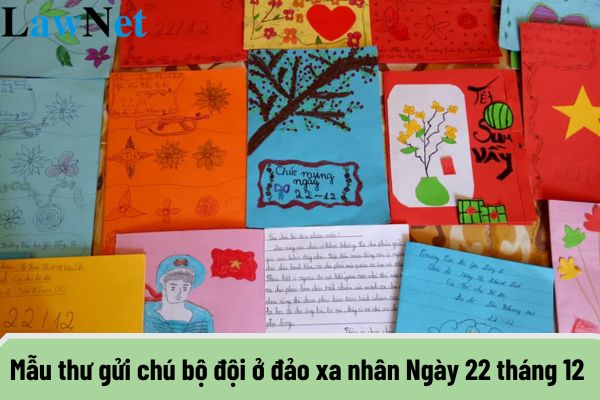
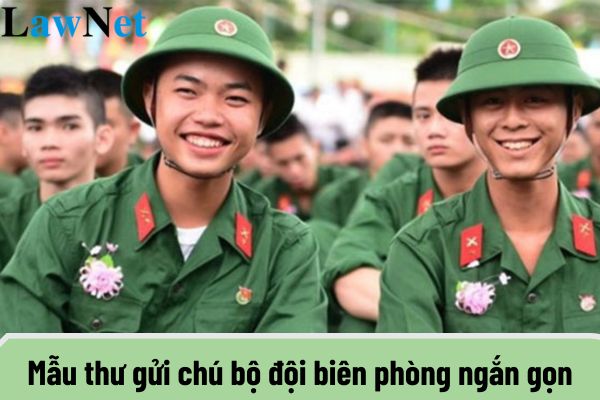


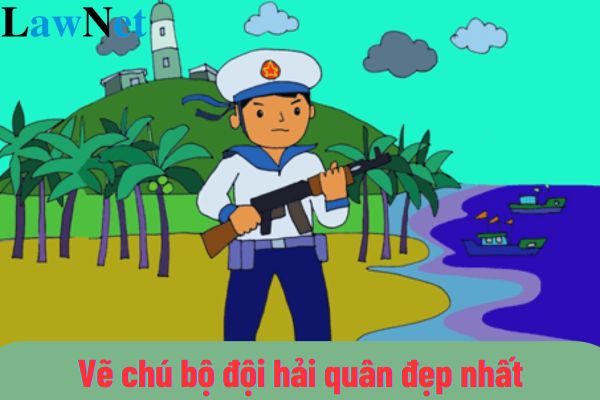
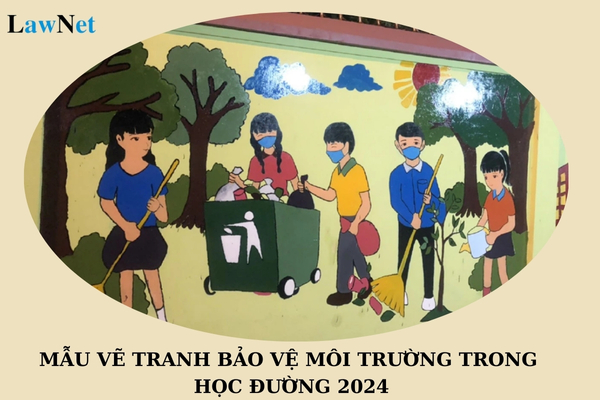
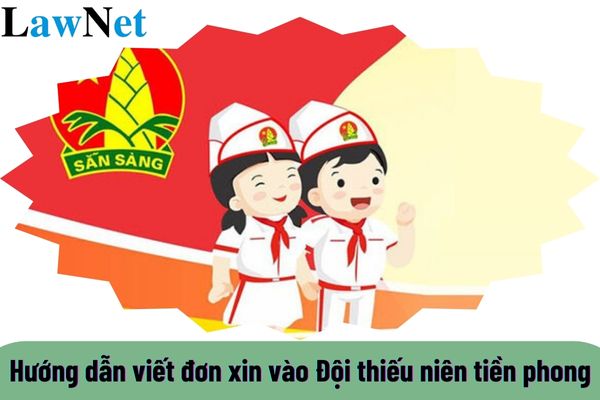
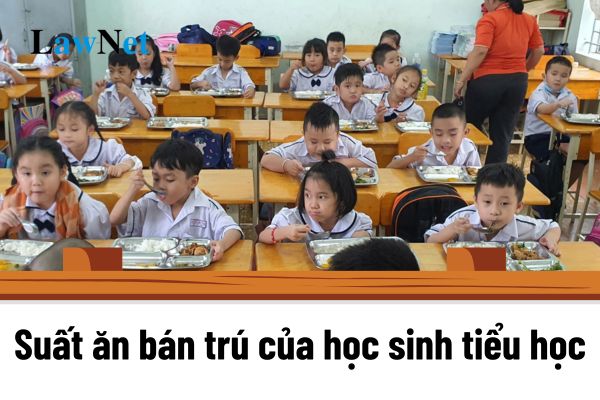
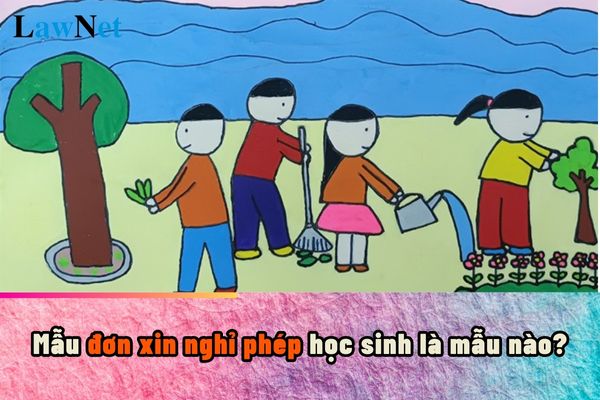
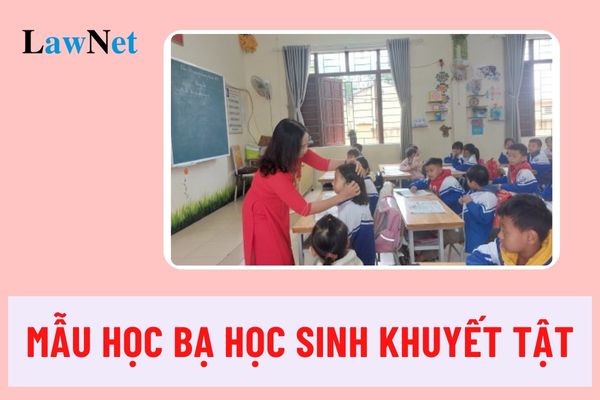
- What is Countdown? Where will Countdown 2025 take place in Vietnam? When will students in Vietnam take the National High School Graduation Exam after the Lunar New Year holiday in 2025?
- What is Measles? What are the requirements for school medical staff in Vietnam?
- What are details of the Table of Length Measurement Unit Conversion? When do students in Vietnam study the Table of Length Measurement Unit Conversion?
- What are causes and consequences of the First World War? What standards must grade 8 students in Vietnam meet when learning about the First World War?
- What is the Law of Conservation of Momentum? What are examples of the application of the Law of Conservation of Momentum?
- Plan for the implementation of the Scheme to support students in starting a business by 2025 of the education sector for the school year 2024-2025 in Vietnam
- What is the template of the Report for action month for gender equality in Vietnam? What are regulations on educational activities included in the action month for gender equality in Vietnam?
- What are 4 methods for establishing economic-technical norms in the field of education and training in Vietnam?
- What are details of the situation of Vietnam after the 1954 Geneva Conference on Indochina? What are principles for textbook selection in Vietnam?
- Vietnam: What are the simple and easy-to-remember English stress rules? What are the outstanding features of English in education?

